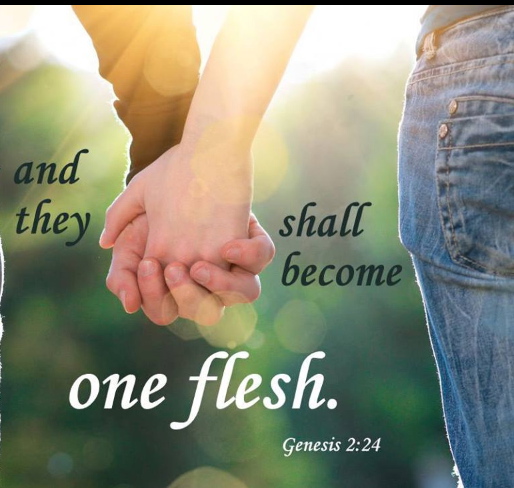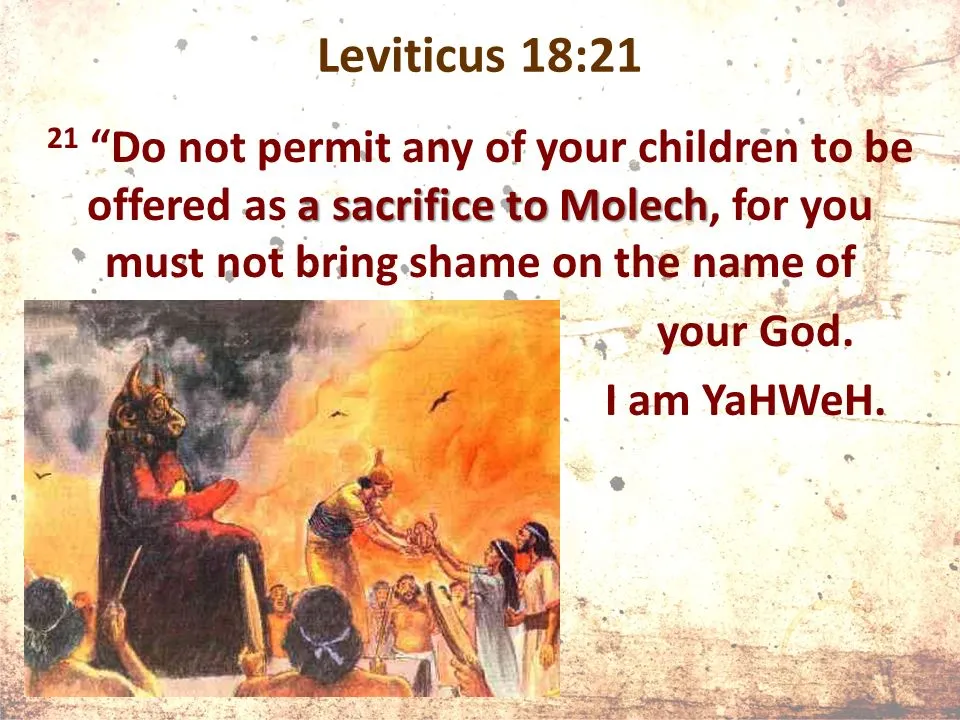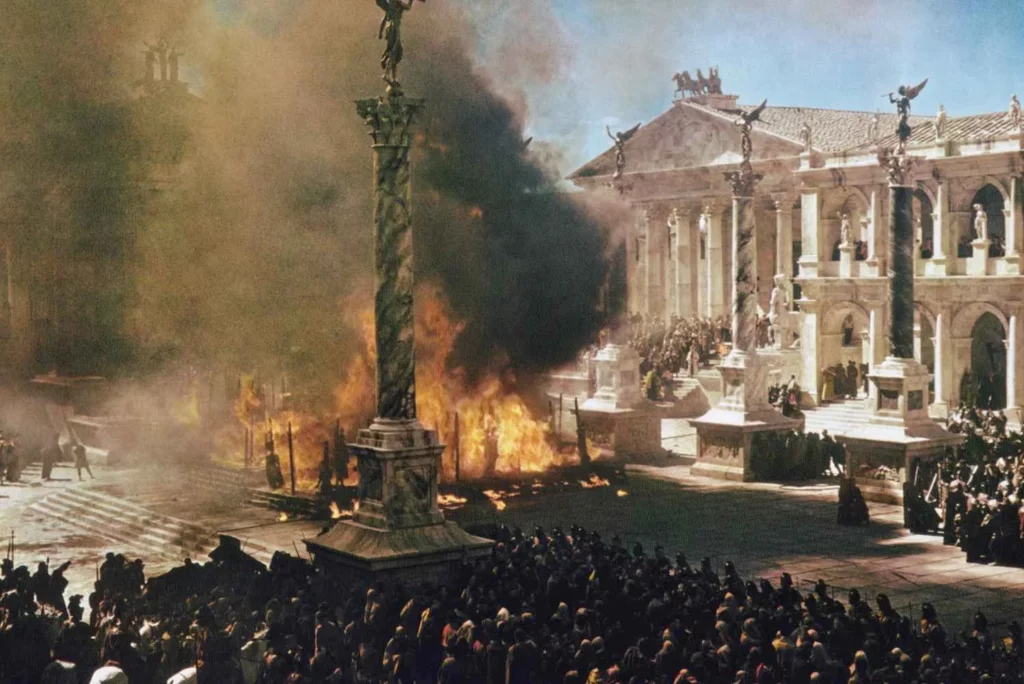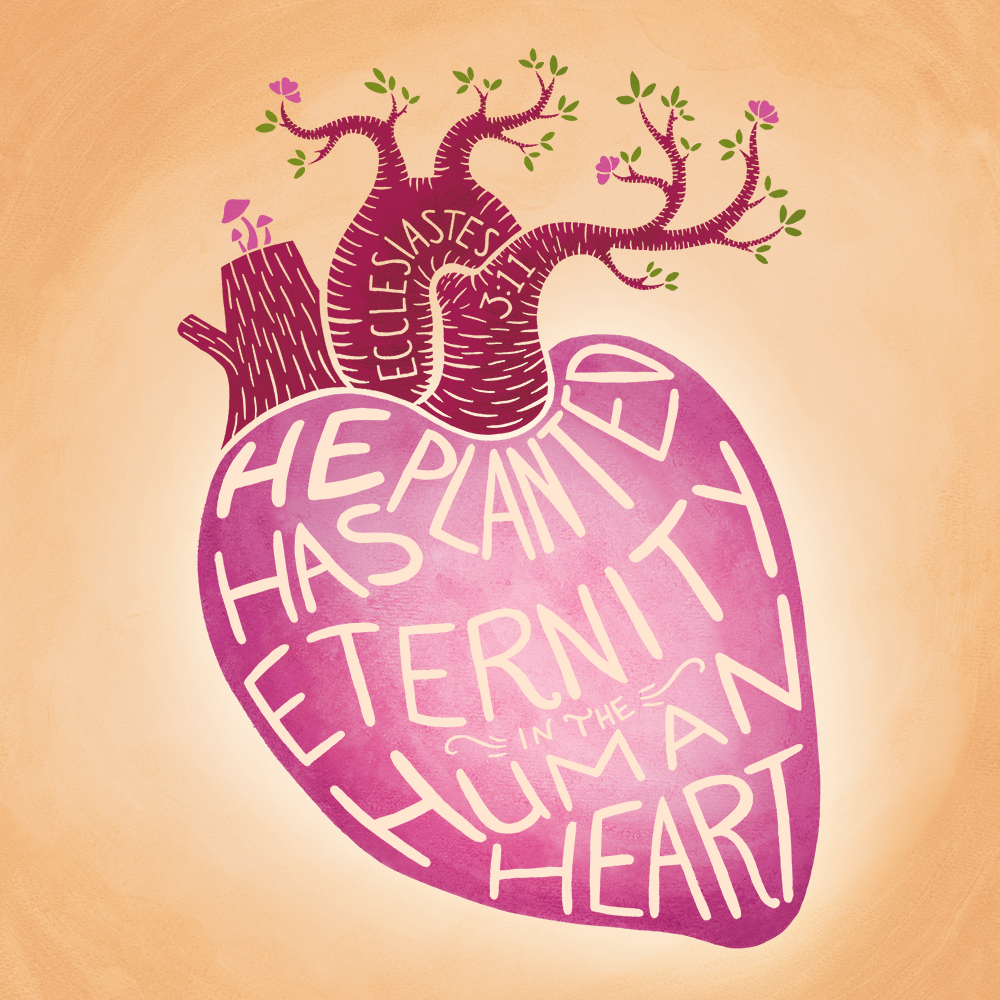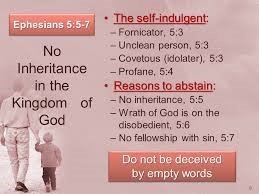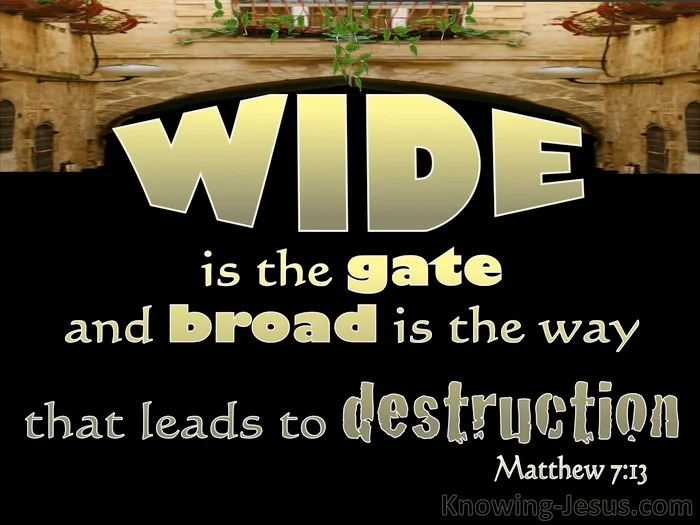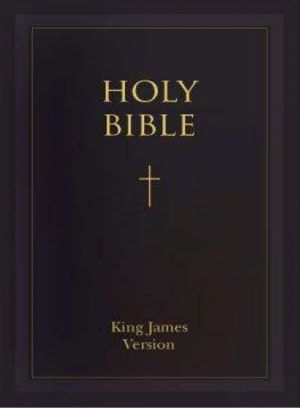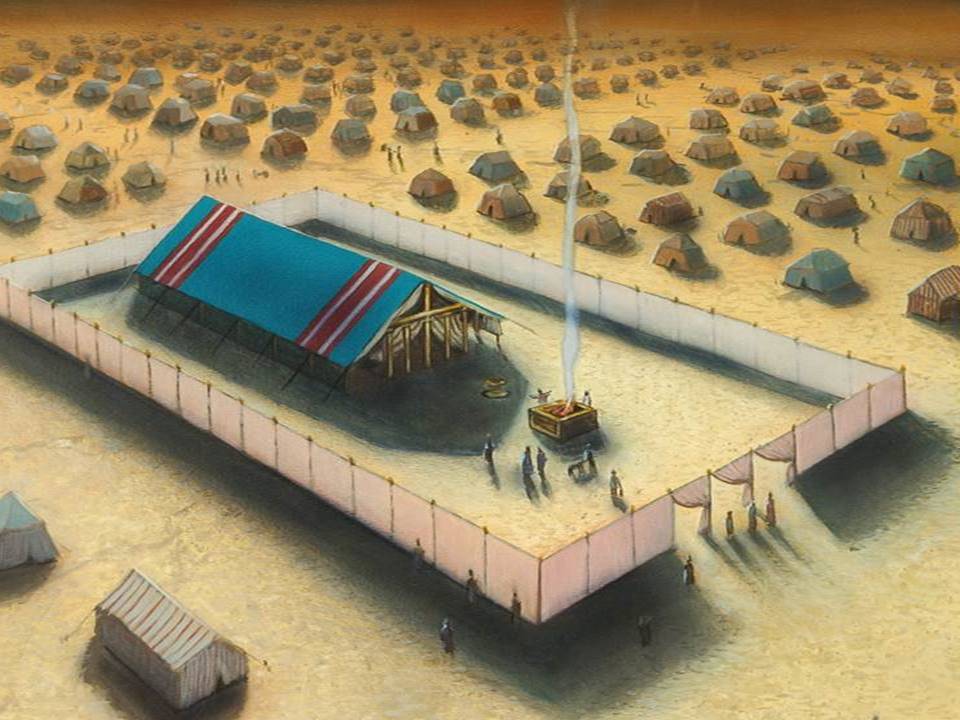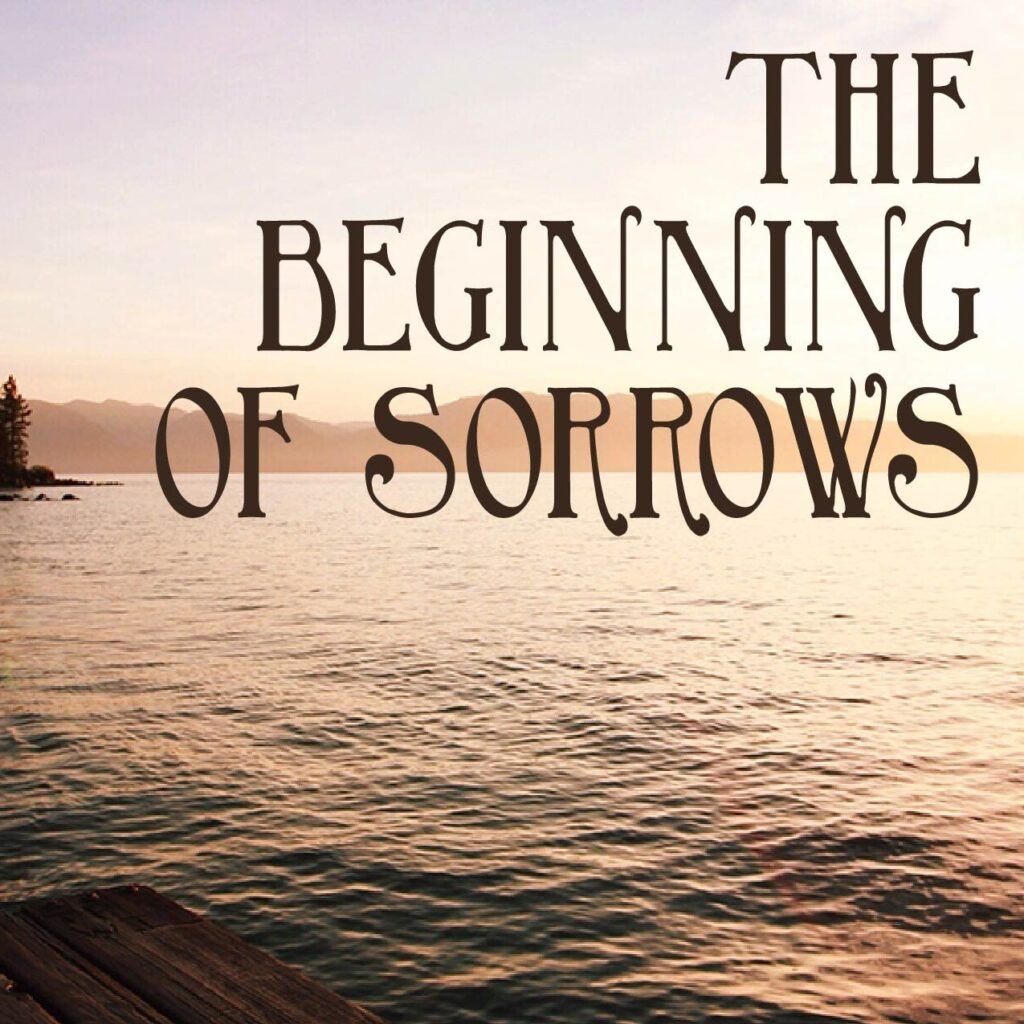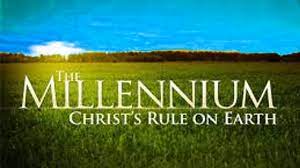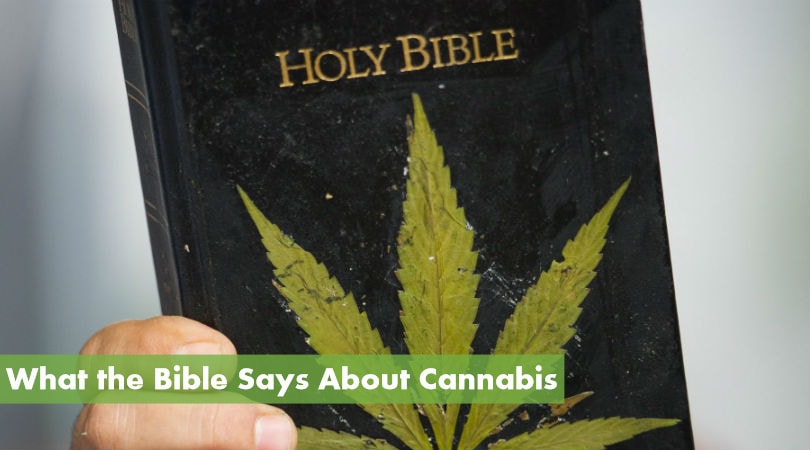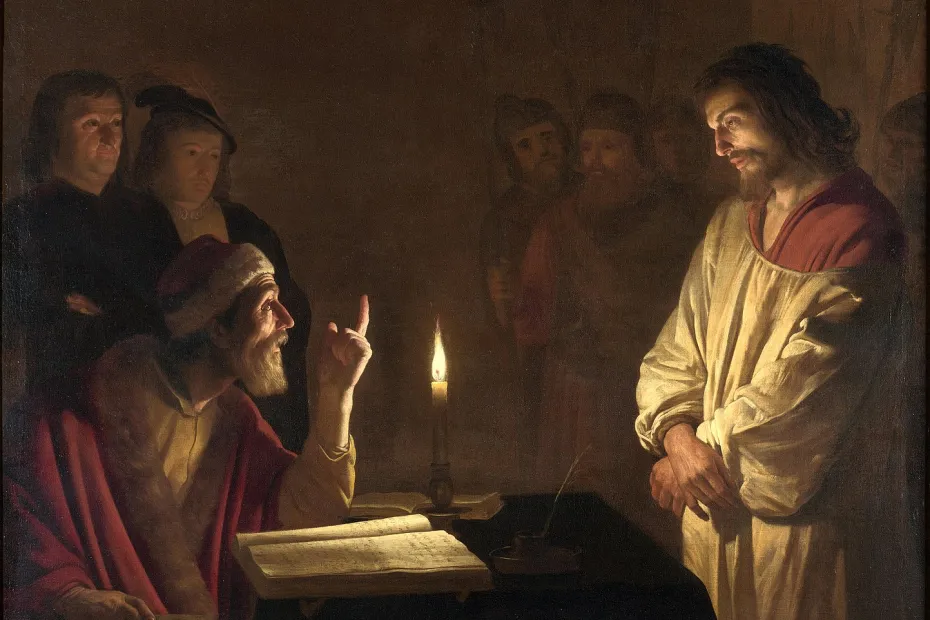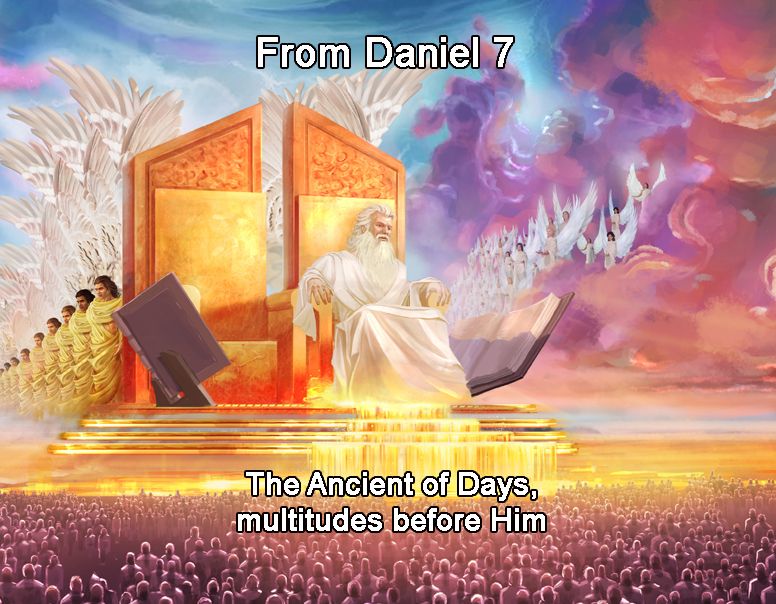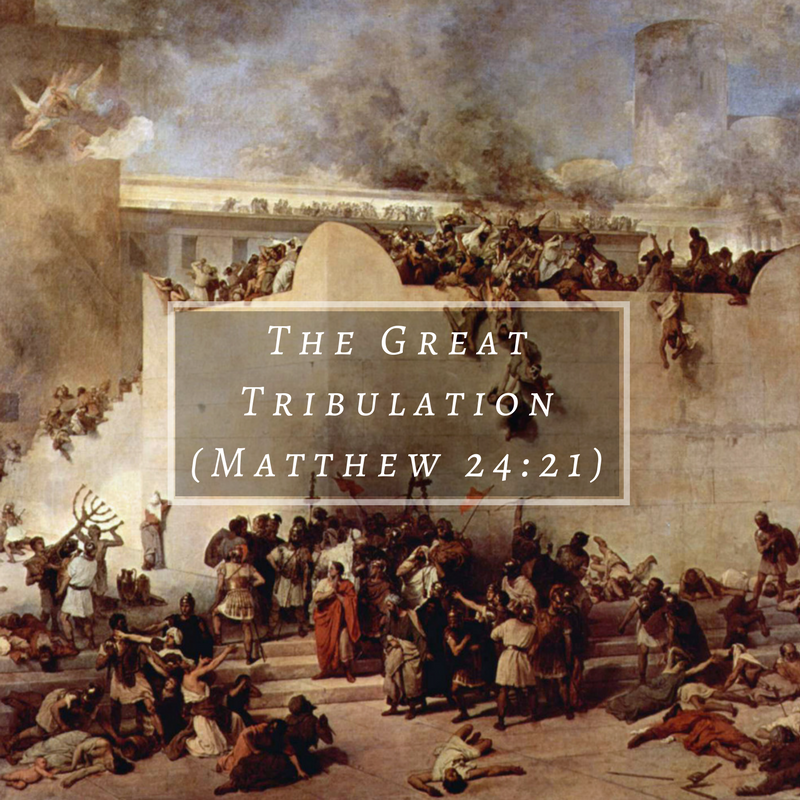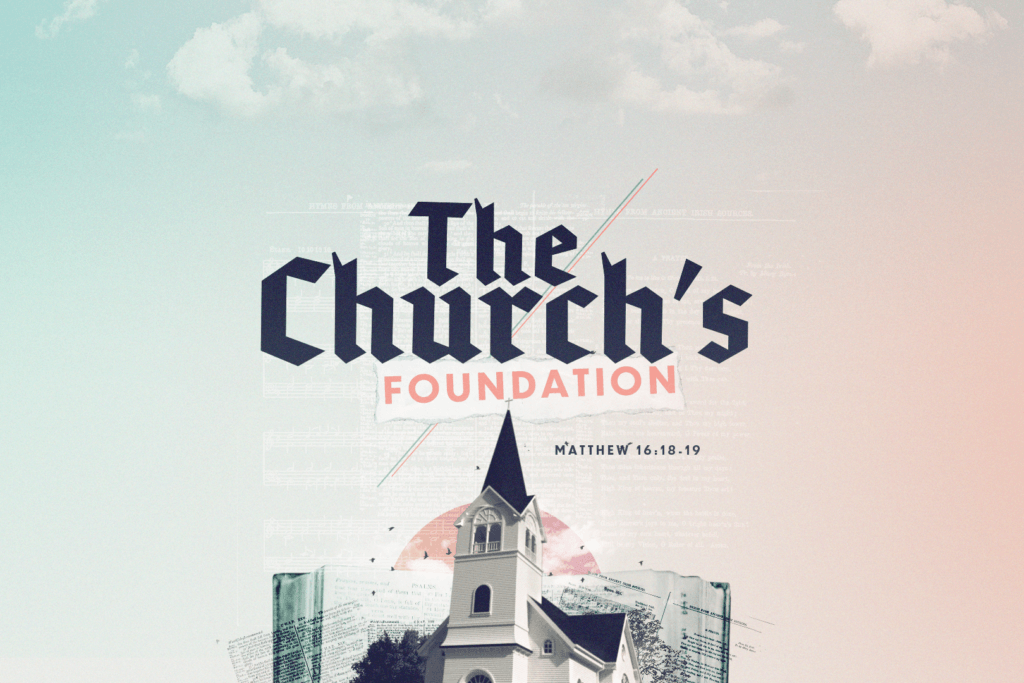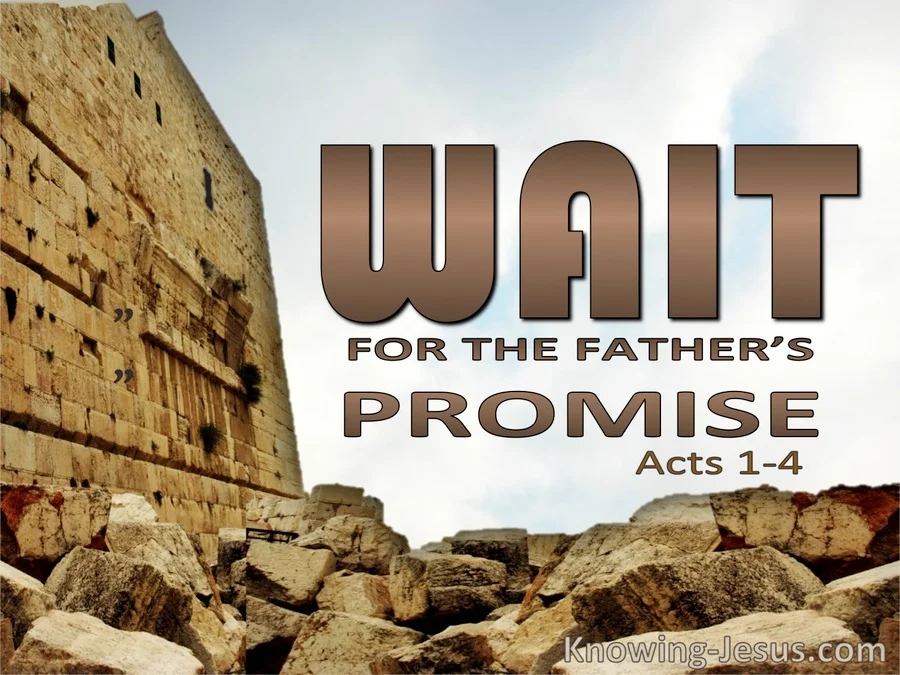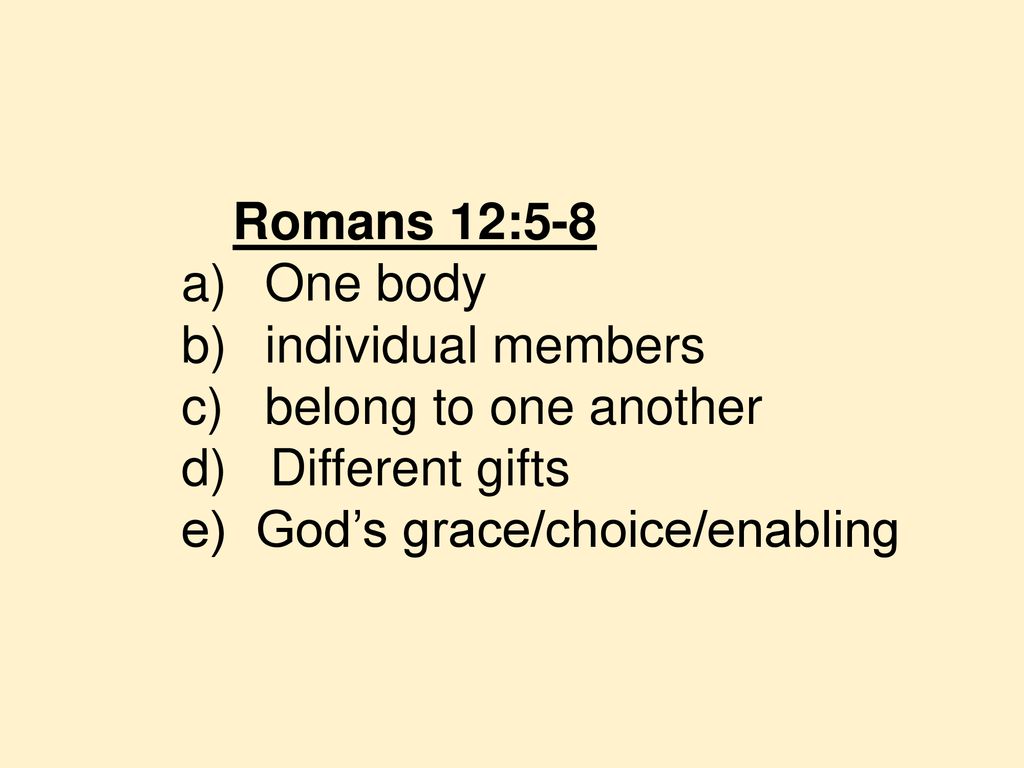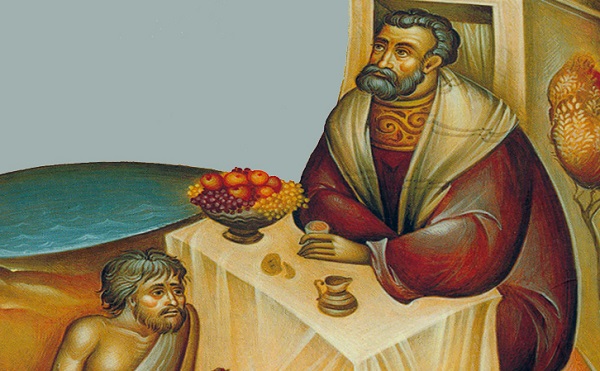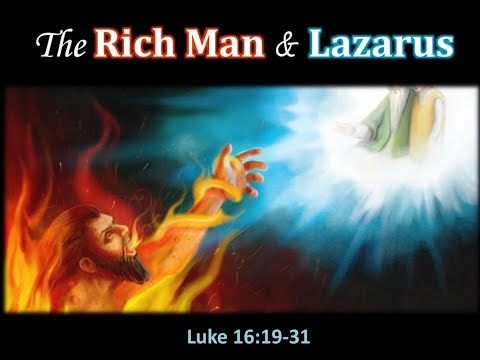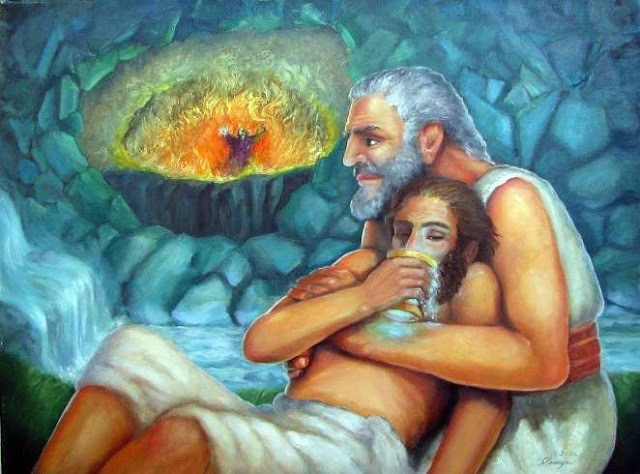Jesus was an excellent teacher. Actually, He was far more than a teacher. Nevertheless, He was the most awesome teacher the world has ever encountered. His earthly ministry was a teaching ministry from beginning to end. One of the tools He used most effectively was the parable. There are over 30 Parables in the gospels of Matthew, Mark, and Luke. This article focuses on one such parable, the parable of the sower. In this article, you will find the parable of the sower explained.
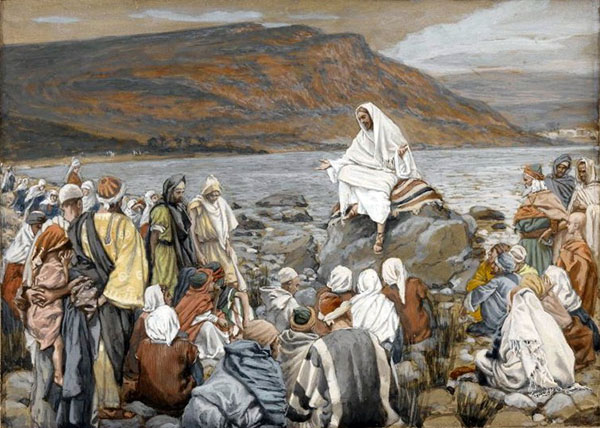
What is a Parable?
A parable is a short allegorical (symbolic) story intended to illustrate or teach some truth, religious principle, or moral lesson.
Why did Jesus use Parables?
When the disciples asked Jesus why He used parables, He said in Matthew 13:11, 13, “The knowledge of the secrets of the kingdom of heaven has been given to you, but not to them. (13) Therefore speak I to them in parables: because they seeing see not; and hearing they hear not, neither do they understand.”
Jesus revealed that understanding the truth of the gospel came as a gift of God to those He had chosen. The “you” to whom Jesus referred was the group of his true and faithful followers, including the twelve disciples and others who believed in him. God had gifted them a special gift. The fact that this knowledge was given discloses that both grace and judgment are God’s choices. God gave this knowledge of the secrets of the kingdom of heaven to these disciples as a permanent possession, a distinguishing mark of discipleship. They understood, though only in part, the “secrets” that God’s kingdom had arrived among them in the person of Jesus. Those who have not been given this knowledge where the Scripture reads “not to them” include those who willfully rejected the gospel message.
When speaking in parables, Jesus was not hiding the truth from sincere seekers because those receptive to spiritual truth understood the illustrations. To others, they were only stories without meaning. This circumstance allowed Jesus to give spiritual food to those who hungered for it while preventing his enemies from trapping him sooner than they might otherwise have done.
Therefore, When Jesus spoke in parables, He was not concealing the truth from genuine inquirers because those searching for spiritual truth understood the illustrations. To others, not so much.
The Parable of the Sower Explained

This parable, the parable of the sower, is contained in three of the gospels. However, we only need to look at one. Luke 8:5-8
5 A sower went out to sow his seed: and as he sowed, some fell by the way side; and it was trodden down, and the fowls of the air devoured it.
6 And some fell upon a rock; and as soon as it was sprung up, it withered away, because it lacked moisture.
7 And some fell among thorns; and the thorns sprang up with it, and choked it.
8 And other fell on good ground, and sprang up, and bare fruit an hundredfold. And when he had said these things, he cried, He that hath ears to hear, let him hear.
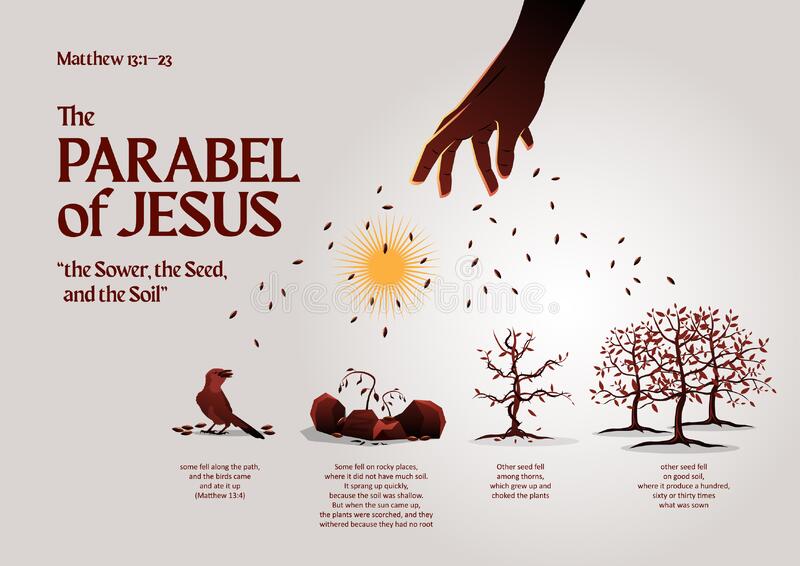
In verse 5, we see that a sower went out to sow his seed. This sower, in this instance, represents God, and the seed represents the Word of God (the gospel). The farmer sows the seed on all kinds of soil, apparently randomly. After all, no sensible farmer would sow seed in thorns or on a path. So what’s the story? Is it that he is simply careless, wasteful, or perhaps unskilled? Hardly, the farmer is fully aware that some of the soil is unproductive; however, he willingly scatters the seed on it anyway. God is like this farmer, allowing his words and love to fall on many who will not welcome them. And yet he is still willing to pour out his mercies upon them. Romans 2:4 tells us that God’s goodness is to lead us to repentance.
God knows the high potential of this seed. Sometimes we Christians tend to pull back from those who are uninterested or different, but God does not. Therefore, we must seek to replicate His generous love for the seemingly resistant.
Notice that as He sows, some immediately “fell” by the wayside. In verses 11 & 12, Jesus explains:
11 Now the parable is this: The seed is the word of God.
12 Those by the way side are they that hear; then cometh the devil, and taketh away the word out of their hearts, lest they should believe and be saved.
Now, they hear the Word, and immediately before it can take root, the devil comes and takes it away, preventing the seed from germinating and growing. Some individuals will sit in the church and hear the Word, and as soon as they walk out the church doors, it is gone. If they are asked what the message was about, they cannot say.
Additionally, Satan is a master at distraction, and the media is one of his most potent tools. Television, movies, sports, sports heroes, and superheroes are all part of his arsenal. He is truly “the prince of the power of the air” (Eph. 2:2). Satan will use anything he can to take the Word out of the hearts of those who, as Jesus said, “should believe and be saved.”
Verse 6 shows that some seed fell “upon a rock.” Jesus explains in verse 13.
13 “They on the rock are they, which, when they hear, receive the word with joy; and these have no root, which for a while believe, and in time of temptation fall away.”
The stony soil is deceptive because it has some soil. It represents the superficial hearer who appears interested but soon fades away. Those on the rock are the ones that receive the Word with enthusiasm when they hear it initially. Something in the gospel message hits a central part of their being, and they joyfully accept what it offers. However, Jesus said they “have no root.”
A seed needs soil to root and grow; without a root, there is no growth. Likewise, Christians need soil to root. For a Christian, the soil is the Word of God. Christians must be “rooted and grounded” in the Word. The Word provides the soil and the fertilizer by which we grow. We are required to grow (2 Peter 1:5-10); however, without a root, the Word, there is no growth for a Christian, and they will lose interest as fast and as enthusiastically as they gained it. This type of individual will return to the world as soon as trials and temptations arrive.
Now, these are the ones who will say—I don’t have time to read the Bible; I believe, but the Bible is old-fashioned; I try to read it, but I fall asleep, or I try, but I don’t understand it, and a host of other excuses.
Without the Word, Jesus said they, “which for a while believe.” In other words, they are not in it for the long haul; they are not ready to be a disciple in the time of testing when their believing leads to persecution. They fail to count the cost, to consider the obligation, the self-denial, the sacrifice, the study, the learning, the hours, and the effort required. They do not apply themselves to learn Christ; therefore, they do not become rooted and grounded in the Word. They are only superficial believers.
These individuals believe for a while, but as Jesus explained, they have no root, and when trials and temptations come, they fall away.
In verse 7, we see that some seed fell on thorns. Jesus explains in verse 14.
14 And that which fell among thorns are they, which, when they have heard, go forth, and are choked with cares and riches and pleasures of this life, and bring no fruit to perfection.

These are individuals who hear and accept the Word allowing it to take root in their hearts. However, as time goes on, something happens — thorns grow up and choke out the growing seed. Thorns deprive newly sprouting seeds of nourishment, moisture, daylight, and area to grow. Jesus described such people as being choked by life’s “cares, riches, and pleasures.”
This statement of Jesus describes a worldly individual who cannot shake the world. These individuals are too preoccupied with the world to focus on spiritual things (1 Cor. 2:14). As a result, their spiritual growth and life are choked and terminated. If we don’t feed our souls with the Word of God, they will be starved and will not grow.
They live double lives, attempting to live for Christ yet still living out in the world. They keep growing amid the thorns, giving their minds and attention to the cares, riches, and pleasures of this world.
They are in a word: carnal—carnal minded The Scriptures state the status of the carnal-minded without any ambiguity.
Rom 8:6-8 reads:
6 For to be carnally minded is death; but to be spiritually minded is life and peace.
7 Because the carnal mind is enmity against God: for it is not subject to the law of God, neither indeed can be.
8 So then they that are in the flesh cannot please God.

For more on carnality, please see the article The Dangers of Carnality on this website.
The thorns of life: worldly cares (no matter how important or how minor), the false sense of security brought on (or merely promised) by riches, and the desire for pleasure and material possessions (including anything that serves to distract a person), choke out the Spirit of a new believer or even a matured believer. We never outrun the threat of being overcome by our circumstances. This reality is why Scripture warns in 1 Cor. 10:12, “So, if you think you are standing firm, be careful that you don’t fall!” NIV
This threat is why growth is so crucial. A plant must either grow or die. We cannot be stagnant. In the Christian walk, we are either moving forward or falling backward. Stagnation is deadly to the spirit! Stagnation leads to damnation.
This condition plagued first-century disciples as they do believers today (e.g., Luke 10:41; 12:15, 19; 14:26; 16:19; 21:34). These diversions and conflicts rob new Christians of growth because they do not spend adequate time in God’s Word or with God’s people. Although the seed may have grown somewhat, it does not mature. Daily routines overcrowd, and materialistic quests sidetrack believers, choking out the Word of God so that it yields nothing.
Jesus said they “bring no fruit to perfection.” They bear fruit. Fruit does appear but never ripens; it can never be harvested because the thorns choke the life out of it. It never lives to be used.
In verse 8, we see that some seed fell on “good ground.” Jesus explains in verse 15
15 But that on the good ground are they, which in an honest and good heart, having heard the word, keep it, and bring forth fruit with patience.
So we see that good ground can be found. This conclusion is what makes the sowing worthwhile. The good ground represents the hearts open to the gospel message wherever the seed of God’s Word is sown. Those with hearts like “good soil” hear the word, retain it, and by persevering, produce a crop. These individuals have truly believed and are eager to let Jesus make a difference in their lives. Because of this, they also, as Jesus said, “bring forth fruit” because they are willing to share what Jesus has done for them.
Because they have an honest and good heart, when they hear the Word, they keep it. That means they do not permit the devil to snatch it, neither the trials and temptations of life singe it, nor the cares or riches or pleasures of this life stifle it. Jesus said they “bring forth fruit with patience.”
That means they tolerate and study—learn, grow, and serve more and more. They constantly water and pluck the weeds and thorns and continue to do so until the fruit is fully developed and plucked so that it can be taken home to the Master of the house.
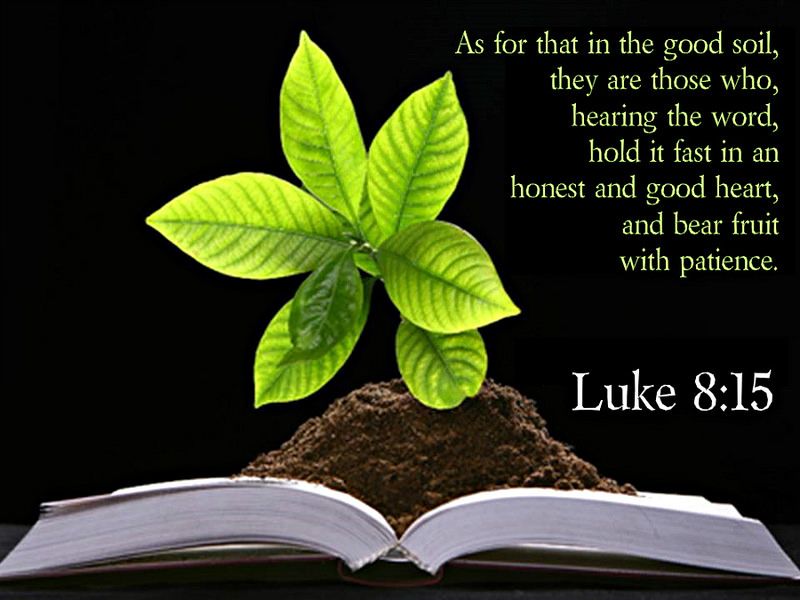
Conclusion
Now there are two things to note about the sower.
First, although we have seen four different results of his sowing, he never changed seeds. He always sowed the same seed. What made the difference was the ground upon which it landed. The seed’s success depends on one thing and one thing alone; the condition of the soil (the heart) to receive the seed (the Word). If the ground (the heart) is soft and rich, full of the right minerals (spiritual qualities), and cleared of all junk and brush, plowed and turned over, then it is ready to receive the seed.
Second, he never stopped sowing—no matter what ground it landed on, he kept sowing. The Lord never stops sewing. Look at what Jesus is quoted as saying in Rev 3:20-21
21 “Behold, I stand at the door, and knock: if any man hear my voice, and open the door, I will come in to him, and will sup with him, and he with me.”
21 “To him that overcometh will I grant to sit with me in my throne, even as I also overcame, and am set down with my Father in his throne.”
We are rewarded if we allow the seed of the sower to grow in our hearts. No matter where the seed lands, the wind can blow it onto the “good ground”. We must allow the wind of the Holy Spirit to lead us in being and remaining the good seed that “brings forth fruit with patience.”
The question we all must ask ourselves is—which seed are we? Are we the seed that fell by the wayside, the seed that fell on the rocky soil, the seed that fell among thorns, or the seed that fell on good ground and bringing forth fruit? Are we continuing to sow seed as the sower?
Which seed are we?
Any questions, comments, and concerns may be left below.
Blessings!




